The History KS3 programme enables students to know the ‘big’ stories of the past from the Romans to present day. These stories incorporate local links and a range of diverse voices to make this an inclusive history. From their KS3 studies our students will ‘takeaway’ a chronological narrative of the big stories (power, everyday life and global connections), a sense of period and an understanding of Britain’s place in the wider world. While there is an emphasis on British history, we also incorporate European and global studies including France, Germany, the USA, Africa and Asia.
We include a mix of thematic, breadth and depth studies. Students will learn how and why power has changed and the events and ideologies that have shaped how they will study the shift from monarchy to democracy, the importance of ideologies and the development of dictatorships. They will understand how the story of power, as well as economic and social changes have impacted on people’s daily lives. Students will explore Britain’s place in the wider world under the umbrella of global connections exploring the role of trade, religion, invasion and Empire in connecting Britain to other regions and the impact this had on Britain and on foreign countries.
Our KS3 homework programme is a mixture of learning key terms, concepts and spellings to support literacy and progress, as well as independent research tasks. The adoption of the ‘Meanwhile, elsewhere approach’ is designed to enthuse and enrich students learning outside of the classroom. The history learnt in school only offers a small glimpse of the past, this approach to homework introduces students to a whole new part of history that was happening around the same time as the topic being studied in class so they can place stories in an even bigger picture and draw meaningful comparisons.
Students develop these personal skills during KS3:
- Keeping safe - How to critically analyse sources of information including ‘fake news’ to keep themselves safe. They learn to evaluate and make judgements about provenance, bias, propaganda and interpretations.
- Social Education - Pupils work collaboratively on debates, projects and peer assessment. They learn how countries and the international community resolve conflict for example through alliances, treaties, and national organisation.
- Moral education- How humans can discriminate against other cultures and races e.g. Holocaust, Civil rights. They learn how humans can exploit others for self-gain eg Child labour in Victorian Britain, the Empire and the transatlantic slave trade. How religion has shaped society and can cause conflict eg Crusades, the Reformation, the English Civil Wars.
- Spiritual education- The importance of coming up with their own questions to pursue an enquiry, reflect upon and improve their own work based on SWANS feedback. The importance of debating- listening to other people’s views and putting forward your own.
- British values- The importance of the parliamentary system and the rule of law e.g., Magna Carta, Civil War, the right to vote e.g. Chartists, Suffragettes and the right to protest e.g. Peasants Revolt, Bristol Bus Boycott. How the wider world, through trade, exploration and colonisation has impacted on Britain’s multicultural society and the importance of respecting other cultures,
- Cultural Ed and Cultural Capital- How other cultures for example the Romans, the Vikings, the Normans, have impacted on Britain. Knowing some of the key points in British History for example 1066 and the Norman Conquest, the Magna Carta, the Reformation, the Battle of Naseby, the Spanish Armada, the Battle of the Somme, the establishment of the NHS. AS well as key events outside of Britain that have shaped our history for example the French Revolution, American Independence, the Wall Street crash, the rise of Nazism and the dropping of the atomic bomb.
- Employability skills- how the transferable skills of analysis, evaluation, communication, and organisation can equip them for many career paths beyond history like journalism, law, the civil service and financial sectors.
The explicit teaching of vocabulary, the consistent exposure to historical narratives, sources and interpretations, debates and the use of modelling and scaffolding in their historical writing, all help our students to improve their literacy and oracy skills.
Each unit is assessed in a formal end of unit test (QMA). To support students, these QMAs are preceded with whole class or group activities to think about, plan and discuss the key theme or issue they will be assessed on.
| Year 7 c.200 to 1601 |
|
|
| Autumn Term |
Spring Term |
Summer Term |
How have migrants changed Britain c200 to 1700? (this includes an introduction of all the key skills and concepts)
Why should we care about 1066?
|
Why did Kings (and Queens) struggle to rule England?
How well connected was the Medieval World?
How did ordinary life change?
|
How did the Tudors change England?
Was Elizabethan England a ‘golden age’?
|
| Year 8 c1600-1930 |
|
|
| Autumn Term |
Spring Term |
Summer Term |
Why did Charles I lose his head?
How ‘gorgeous’ were the Georgians?
Did the French Revolution bring only progress and improvement?
|
Who changed attitudes to slavery?
How did the Industrial Revolution change Britain?
How similar were experiences of the British Empire?
|
How ‘great’ was the FWW?
Why wasn’t 1920s America fun for everybody?
|
Year 9 (2023-2024 only)
(c.1900 to present day) |
|
|
| Autumn Term |
Spring Term |
Summer Term |
How did ideologies and world leaders shape Europe?
How and why did the Holocaust happen?
|
How was the Second World War won?
How much fairer has Britain become in the modern world?
|
Is the world a safer place?
GCSE Medicine Through Time: Medieval to Renaissance
|


